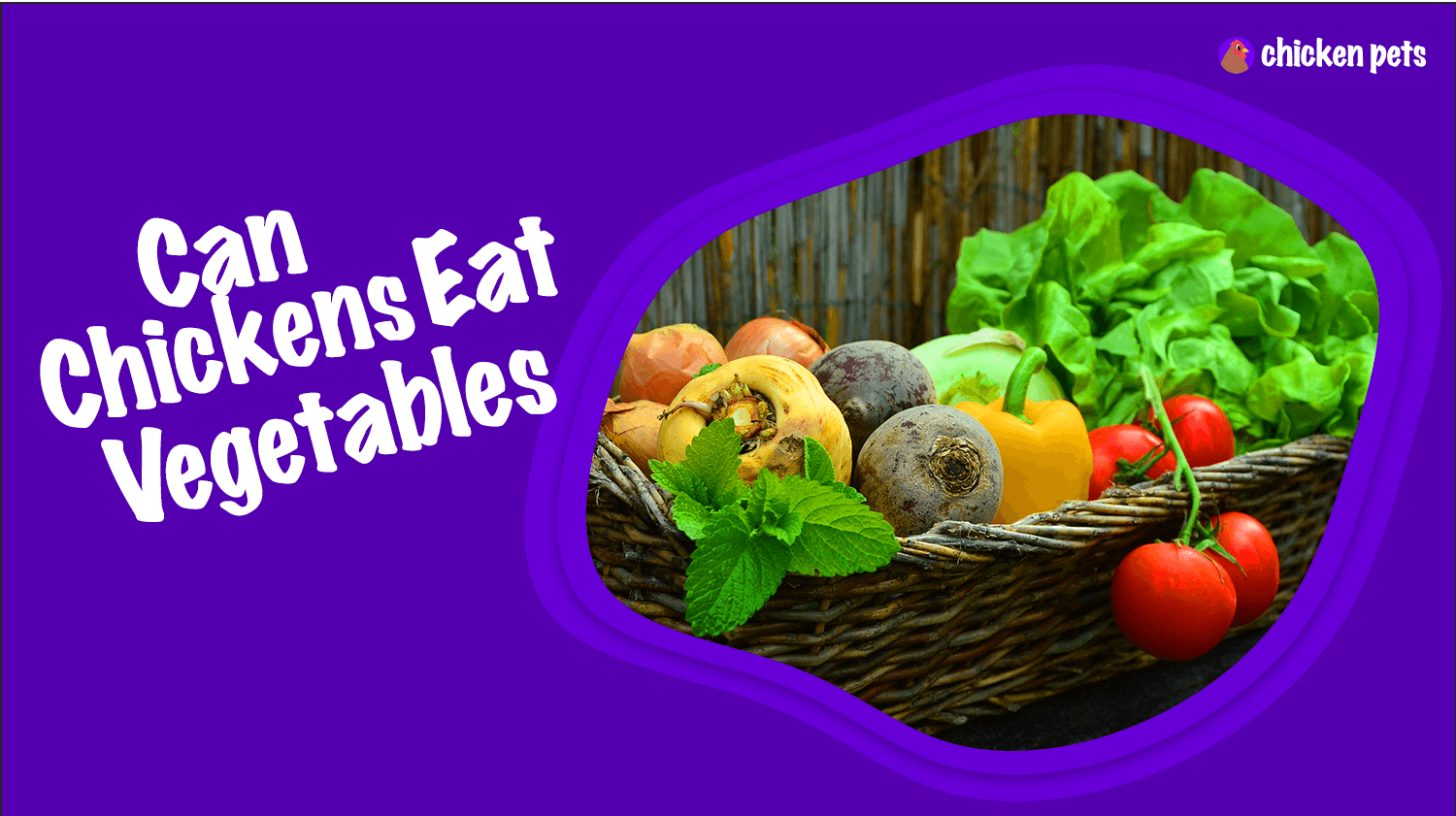Yes, chickens can eat vegetables. Vegetables are a nutritious addition to a chicken’s diet, providing essential vitamins and minerals that can benefit their health. However, it’s important to know which vegetables are safe and in what quantities, as some can be toxic or cause digestive issues when fed in excess.
Quick Summary
- Chickens can eat vegetables.
- Vegetables provide vitamins, minerals, and fiber beneficial to chicken health.
- Some vegetables can be toxic; moderation and proper preparation are key.
- Offering a variety of vegetables in moderation is recommended.
Overview of Vegetables
Vegetables are plants or parts of plants consumed by humans and animals as food. They are rich in nutrients, including vitamins A and C, potassium, dietary fiber, and various phytochemicals that are essential for maintaining good health.
Benefits and Risks of Vegetables for Chickens
Veggies like leafy greens, carrots, and cucumbers can enhance a chicken’s diet with additional nutrients. However, some vegetables like onions and garlic can be harmful in large quantities. Raw potatoes and beans contain solanine and lectins, respectively, which can be toxic to chickens.
Feeding Guidelines
Feed chickens vegetables as a supplement to their main feed. Chop them into peck-sized pieces to prevent choking. Avoid overfeeding, as vegetables should not make up more than 10% of a chicken’s diet. Rotate the types of vegetables offered to provide a range of nutrients.
Alternatives
If certain vegetables are not recommended, consider offering fruits like apples or melons, and always ensure chickens have access to their complete poultry feed for balanced nutrition.
Expert Opinions
Poultry nutritionists and veterinarians agree that while vegetables can be a healthy part of a chicken’s diet, they should be given in appropriate amounts and as part of a nutritionally complete feeding regime. Studies have shown that dietary diversity can positively influence the health and behavior of chickens.
Frequently Asked Questions
After learning about the role of vegetables in a chicken’s diet, some common questions may include their safety, preparation, and best practices for feeding.
Which vegetables are safe for chickens to eat?
Most leafy greens, squash, cucumbers, carrots, and peas are safe for chickens. Always research each vegetable before feeding, as some may be toxic or unhealthy in large amounts.
How often should I feed my chickens vegetables?
Vegetables should be given in moderation, accounting for no more than 10% of their overall diet. A few times a week is typically sufficient.
Do vegetables replace the need for balanced chicken feed?
No, vegetables should supplement a chicken’s diet and should not replace their main feed, which is specifically formulated to meet all their nutritional requirements.
“`
















